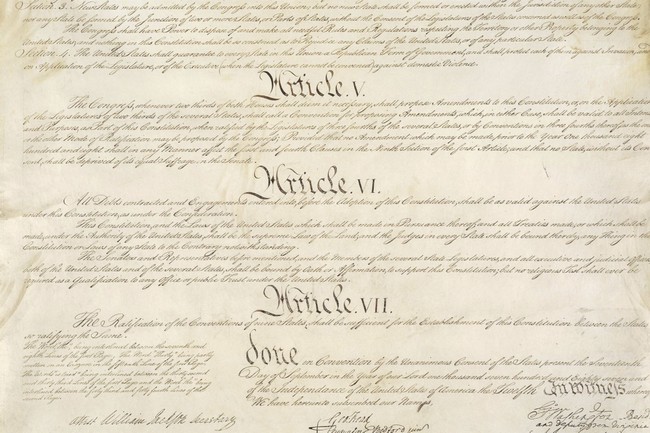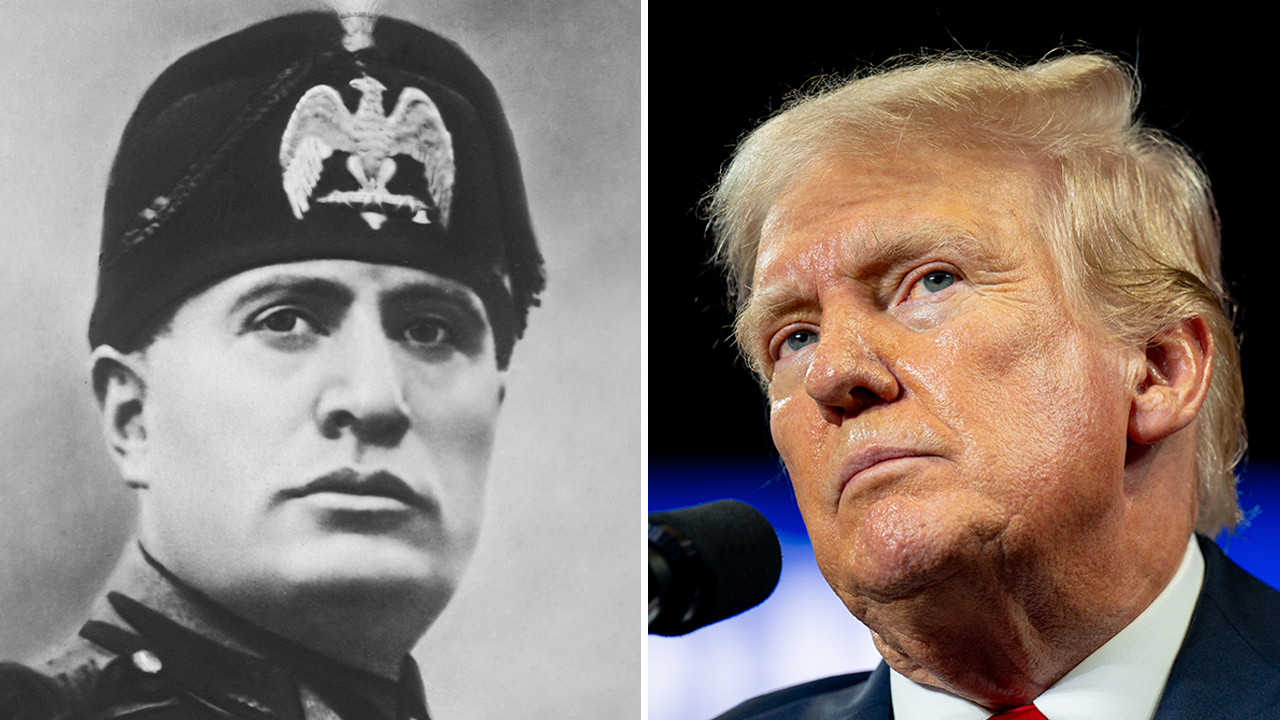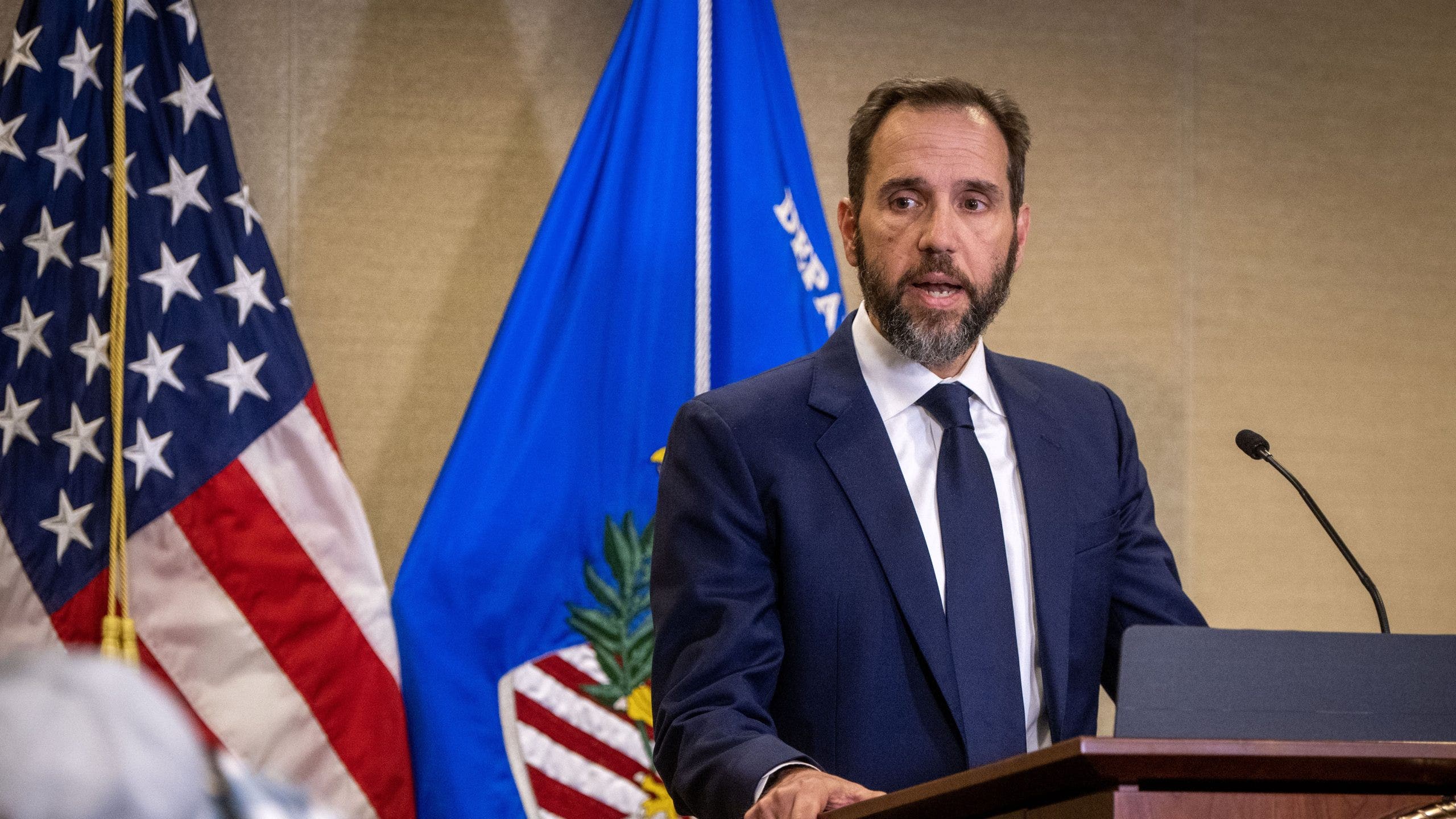This is certainly one of the more disappointing polls that we’ve seen in a while. A recent survey being reported on at Reason Magazine found that more than half of Americans feel that they have too many civil liberties. More specifically, they believe that the First Amendment rights granted to citizens by the Founders “go too far.” Democrats were more likely to say this than Republicans, but both groups rang up a score of more than half who agreed with that sentiment. So when did our fundamental freedoms begin going out of style? Is totalitarianism really becoming more popular? We’ll take a look at these questions here today.
More than half of Americans believe the First Amendment can go too far in the rights it guarantees, according to a new survey from the Foundation for Individual Rights and Expression (FIRE), a First Amendment–focused nonprofit.
The survey, released on Thursday, asked 1,000 American adults a range of questions about the First Amendment, free speech, and the security of those rights. Fifty-three percent of respondents agreed with the statement “The First Amendment goes too far in the rights it guarantees” to at least some degree, with 28 percent reporting that it “mostly” or “completely” describes their thoughts.
Americans were further divided along partisan lines. Over 60 percent of Democrats thought the First Amendment could go too far, compared to 52 percent of Republicans.
“Evidently, one out of every two Americans wishes they had fewer civil liberties,” Sean Stevens, FIRE’s chief research adviser, said on Thursday.
Sean Stevens, quoted above, described this situation as “a dictator’s fantasy.” He’s not wrong. But looking more deeply into the results, it’s clear that while many say the First Amendment “goes too far,” there is significant disagreement over which rights go too far and which direction is the wrong direction for the government to take. You can definitely see more of a partisan divide in those details than the overall number of people who are dissatisfied. But it’s also worth noting that we have people today who are exercising some of these freedoms in ways the Founders never could have anticipated.
Just as a quick reminder for those who may have fallen asleep in class when this was taught in elementary school, the First Amendment guarantees the rights of free speech, religion, the press, peaceful assembly, and petitioning the government over grievances. Those certainly sound as if they should be fundamental to free people and easy to understand, but the deeper we plunge into the 21st century, the more complicated they appear to be becoming. Let’s start with religion since it’s the first one mentioned in the Bill of Rights. We currently apply this freedom to almost (but not all) religions. Originally, however, the first settlers were basically focused on freedom of religion for Christians and, to a far more limited extent, Jews. (The first Jews known to arrive in North America sailed from Recife, Brazil in 1654 after Portugal retook Brazil from Holland and reinstituted the Inquisition. They settled in what is now New York.) There were plenty of Muslims in America already, but many of them were slaves. But these days we have people declaring all sorts of newly established religions, including some dedicated to little more than smoking marijuana. I don’t think that’s what the Founders had in mind.
Free speech is crucial of course, but it’s also apparently the most contested of the freedoms in this survey. Everyone wants to ensure their own freedom of speech, but many report engaging in self-censorship today out of fear of reprisal from others who may disagree with them. Others say they place a great deal of trust in the government to determine what speech is “harmful” and should be censored. This is far more common among Democrats, many of whom would love to allow the government to tell people what they can and can’t say, particularly when it comes to pronouns, references to people’s race, or what words make others feel “endangered.” On the left, words can be equated to violence.
Freedom of the press is one that everyone loves to talk about, but few are happy with the current state of the press. People seem to love the press when they report on things that they agree with, but not so much when it comes to divergent views. We have plenty of folks who would definitely love to see the media be prevented from reporting on Joe Biden’s declining cognition or Donald Trump ringing up an improving set of poll numbers. The Founders probably never imagined just what would happen to the press when “opinion journalism” began running wild. Perhaps they would have had second thoughts about it if they did.
When it comes to the right to peaceably assemble and petition the government over grievances, that should be a no-brainer, right? And it might be were it not for the fact that a lot of people these days aren’t really big on the “peaceably” part of the equation. A riot is not a peaceful assembly, yet the participants will insist that their rights are being squelched if they are arrested. Smashing out windows and defacing monuments is not “peaceful.” And looting storefronts should not be included in the concept. And yet those are precisely the types of “assemblies” we see unfolding in our major cities today.
So does the First Amendment “go too far?” I leave it to the reader to judge, but I would say that it’s not the amendment that goes too far. It’s the people who are interpreting it in a willy-nilly fashion in the modern era who are.
Read the full article here





![Khloé Kardashian Blasts L.A. Mayor Karen Bass Over Wildfire Failures [WATCH] Khloé Kardashian Blasts L.A. Mayor Karen Bass Over Wildfire Failures [WATCH]](https://www.rvmnews.com/wp-content/uploads/2025/01/2025.01.11-09.38-rvmnews-6782e4e248f67.jpg)


![Mel Gibson Has A Lot of Questions About the CA Fires, Mocks Newsom with an Epic One-Liner [WATCH] Mel Gibson Has A Lot of Questions About the CA Fires, Mocks Newsom with an Epic One-Liner [WATCH]](https://www.rvmnews.com/wp-content/uploads/2024/10/2024.10.25-12.45-rvmnews-671b92d6c7835.jpg)
